If you are not familiar with us yet, be sure to read the review article about the legendary Baumanke "Alma Mater of Technological Progress" by AlexeyBoomburum...
Today we want to tell you about the unique faculty of the GUIMC, the opportunities that the university provides for young people with hearing impairments, and about adapted educational programs that have no analogues in the world.

The first educational institution in the country for the deaf and hard of hearing
GUIMTs is the leading educational, research and methodological center for the professional rehabilitation of persons with disabilities (disabled people) at the Moscow State Technical University named after N.E. Bauman.
The history of inclusive education at MSTU began in 1934 - then the first 11 people with hearing disabilities were enrolled in the university, from which a study group was formed. Today at the Moscow State Technical University. N.E. Bauman, unique conditions for teaching students that have no analogues in the domestic and world practice of inclusive education have been created.
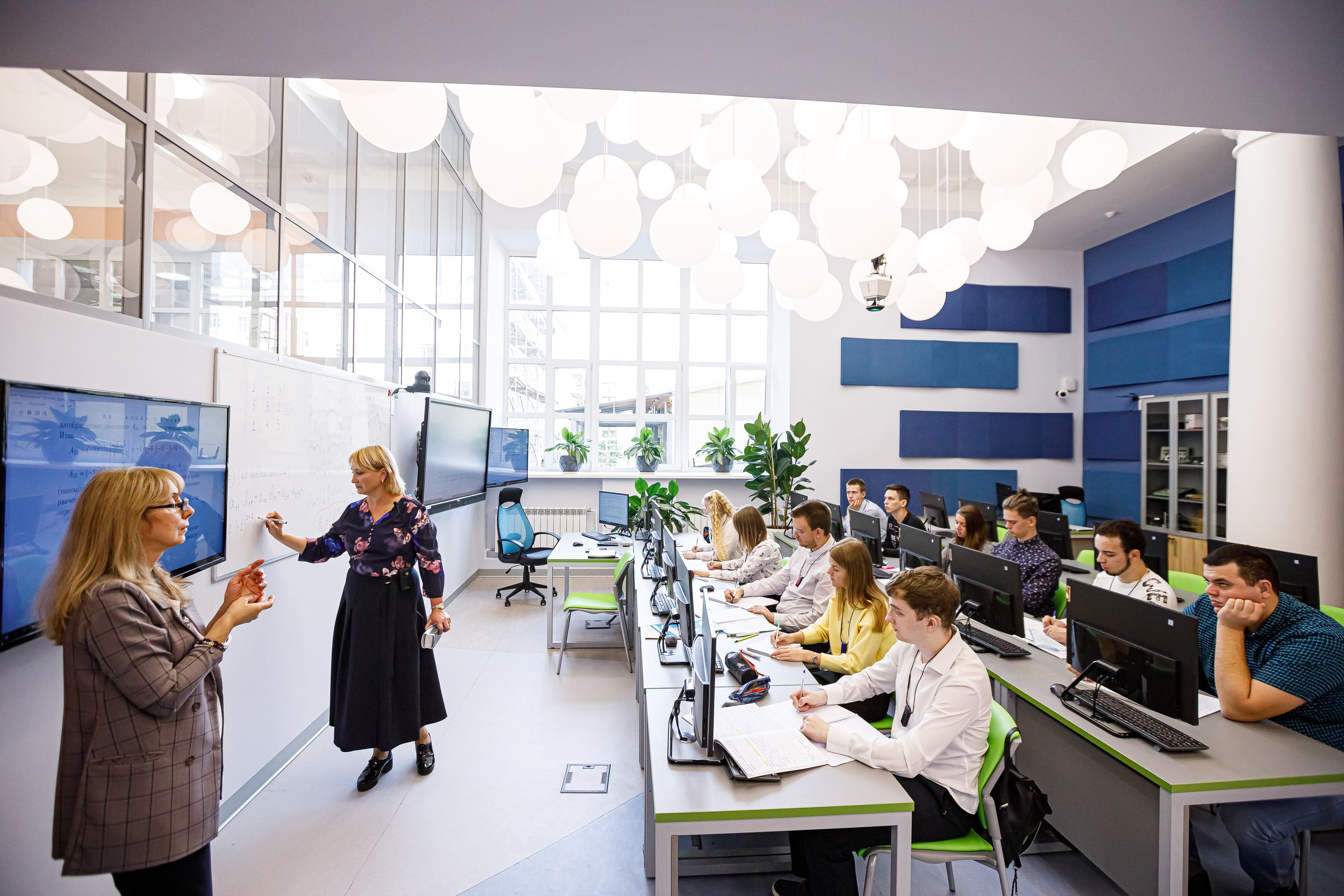
Adapted programs. How to enter them and what is the peculiarity?
Upon admission to Moscow State Technical University, each applicant with disabilities chooses in which format he wants to study: together with the majority of students or in inclusive (adapted) professional educational programs. Sensibly assessing their capabilities, the applicant chooses either the classic format familiar to everyone, or training with the support of the GUIMC faculty.
The main feature of the adapted programs is an additional year of study. That is, studying under bachelor's programs lasts 5 years, and under specialty programs - 7. The main advantage of "introducing" an additional year into the curriculum is a decrease in the labor intensity of the first year of study.
Studying at MSTU is not at all easy: freshmen are faced with a heavy load, new subjects and difficult tasks. By distributing the most difficult disciplines of the first year of study into two, the faculty of GUIMC gives its students the opportunity to master the material in a more comfortable mode for them. Also, in the first two years of study, the faculty introduces additional disciplines, depending on the needs of students. Most of the students of the faculty have hearing impairments, and especially for them, classes are held to study the technical means that they need: on the use of hearing aids, where all the possibilities of such devices and market novelties are discussed; on the semantics of technical texts, etc.
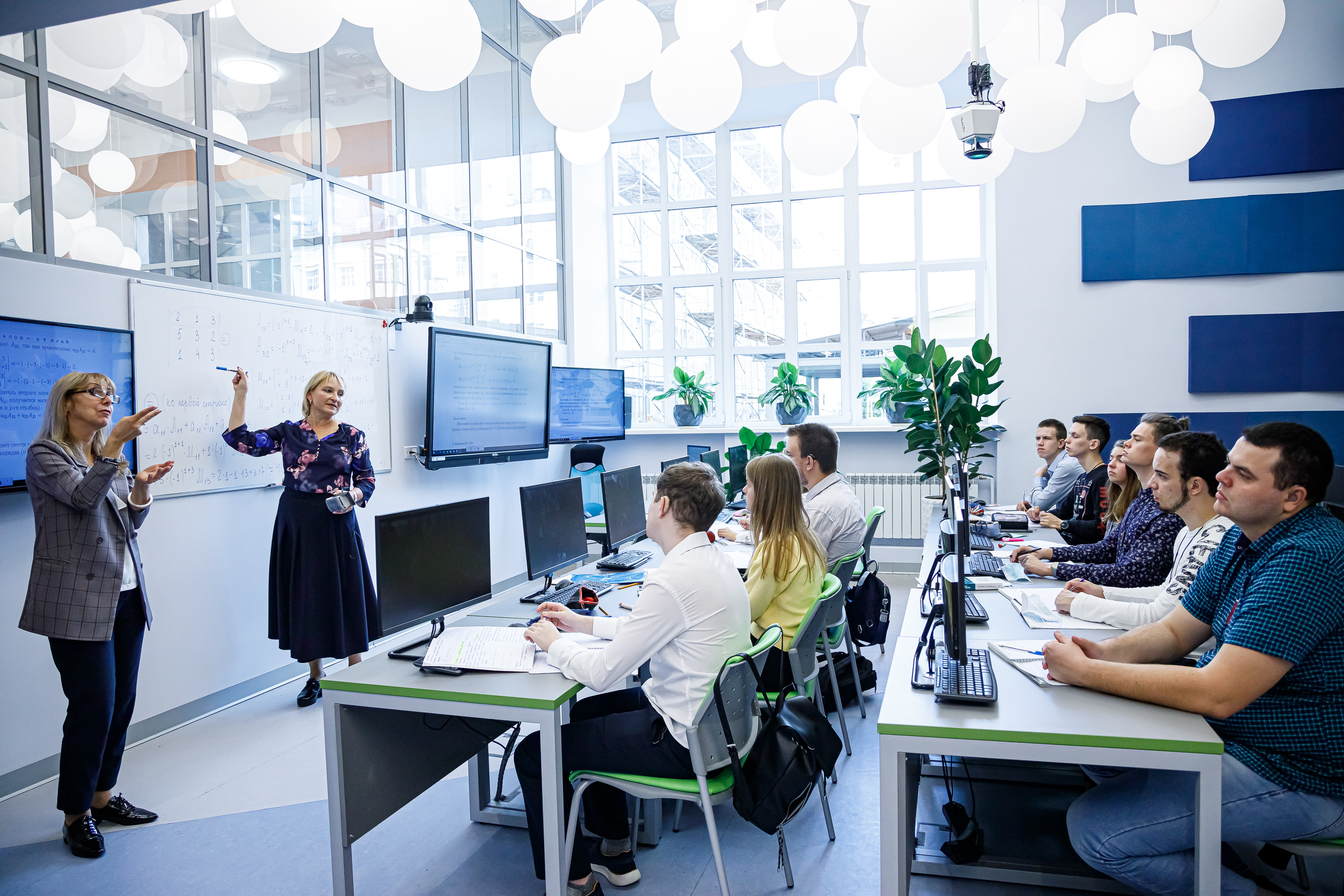
For the first two years, GUIMC students study in small groups of no more than 12 people with partial integration into general streams. These groups come from different areas of study, depending on the educational needs. As a rule, the enrollment for the first year looks like this:
1st group: students with complete hearing loss who need full support with sign language translation;
2nd group: hard of hearing students who do not need sign language interpretation;
3rd group: students with disabilities caused by other diseases who need a special organization of the educational process (a long lunch break, a specially designed schedule, etc.).
Since the first courses of study consist of similar disciplines, students from different departments can study together in such small special groups.

After the end of the first two years of mastering the first-year program, students are fully integrated into the second-year groups of the general stream of their chosen specialty and the remaining courses are studied inclusively. That is, all couples with students from groups of other faculties attend, but they attend classes with an interpreter or special equipment that allows you to hear the teacher's speech clearly and without noise. It consists of a paired microphone system, which the teacher puts on at the beginning of the lesson, and the student's hearing aid itself.
Also, the faculty of GUIMC provides an opportunity to study under master's programs.
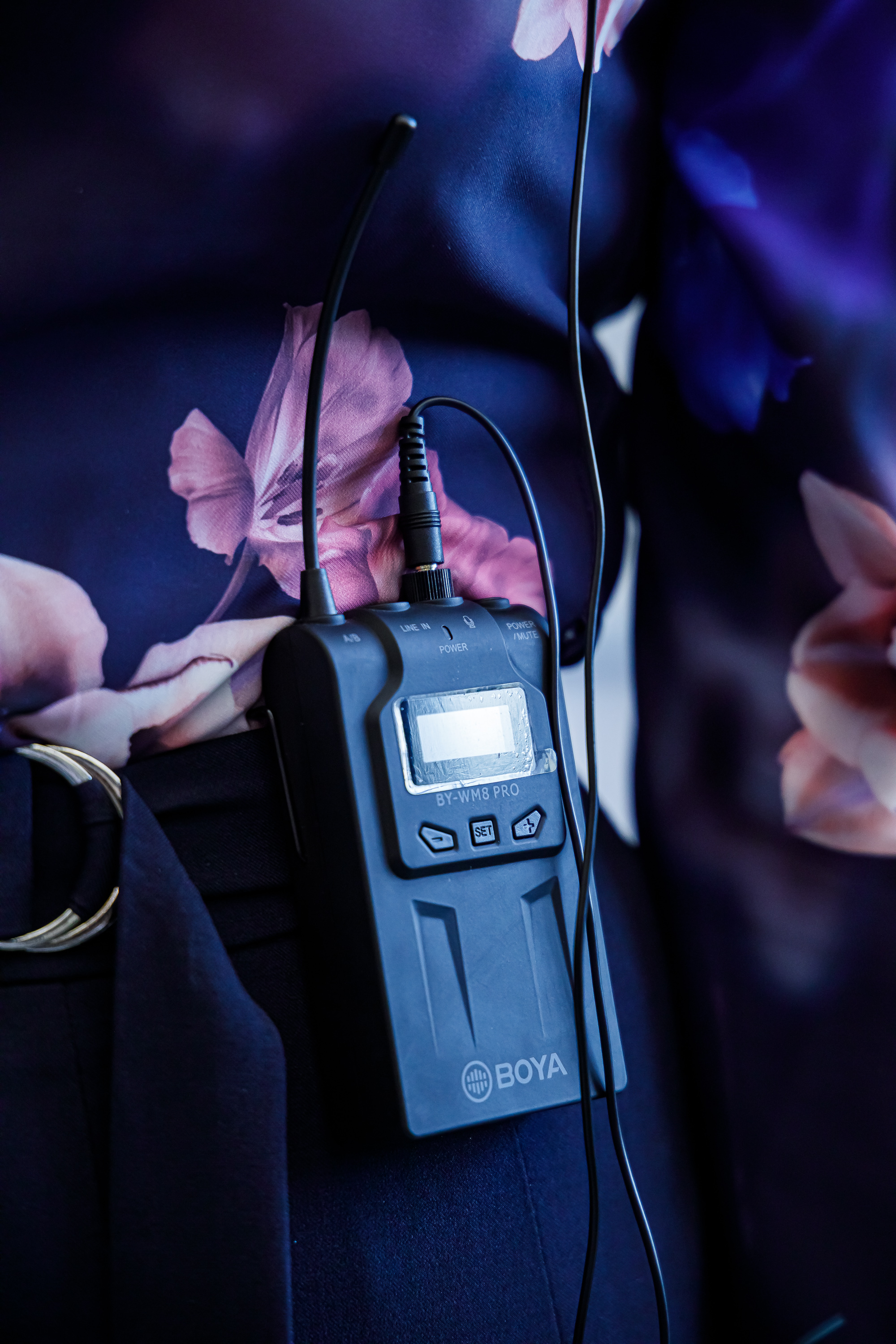
What are the areas of study (specialties)?
Applicants can choose any direction of training available at MSTU, however, there are some peculiarities and recommendations. Students with complete hearing loss are recommended to choose from the three most promising areas of training: "Informatics and Computer Engineering" (department IU5), "Automation of technological processes and production" (department RK9), "Materials science and technology of materials" (department MT8) ... This is due to the limited number of sign language interpreters at the Center - such students need them throughout the entire period of study, including in general streams in senior courses.

Those who do not need sign language translation can choose absolutely any specialty of an engineering profile - for the first two years such students will study in the GUIMC groups, after which they will go to general streams. Nevertheless, hearing impaired applicants are also advised to choose one of the above - the teaching staff of these departments have accumulated considerable experience over the years of study of the GUIMC students and have developed their own teaching methods. In addition to the above, the departments "Information Security" (Department IU8) and "Metrology and Interchangeability" (Department MT4) have extensive experience.
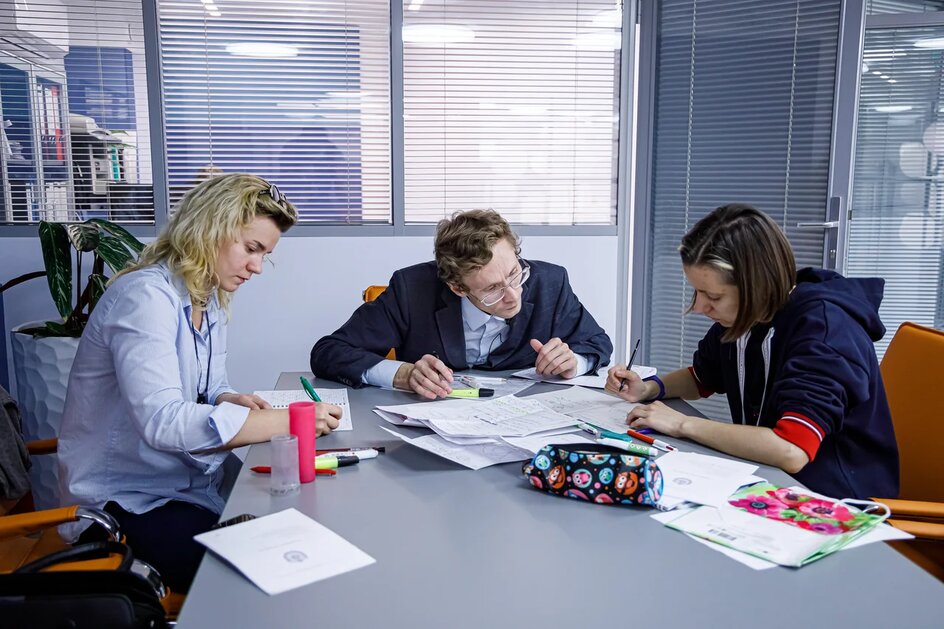
This year 33 freshmen entered the faculty of GUIMC. Among them - a student with a hearing impairment, who entered the Department of Sociology (Department of SGN2). An individual curriculum for 5 years was drawn up for her. The freshman will attend pairs with students of the SGB department. On them, like everyone else, she will be completely immersed in the educational process, and the faculty of the GUIMC will provide her with additional devices and hearing aids, which will be configured and individually adapted to the characteristics of the girl's hearing.
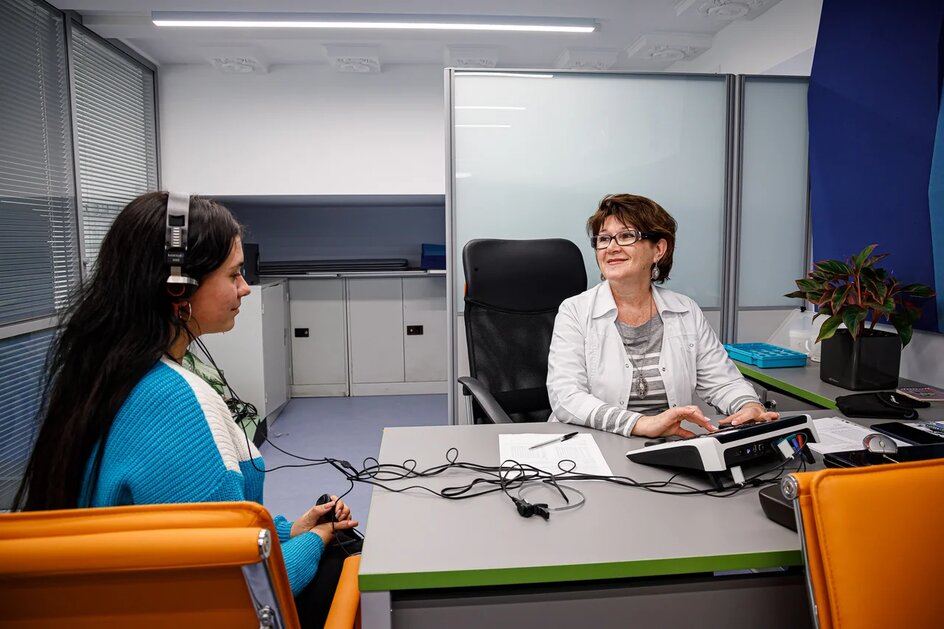
In the next article, we will show you what the Learning Center itself looks like with all the technological features, talk about the smart classrooms of the faculty and introduce you to some of the specialists working in the field of inclusive education.